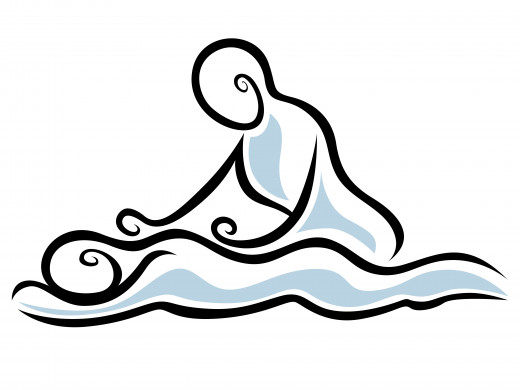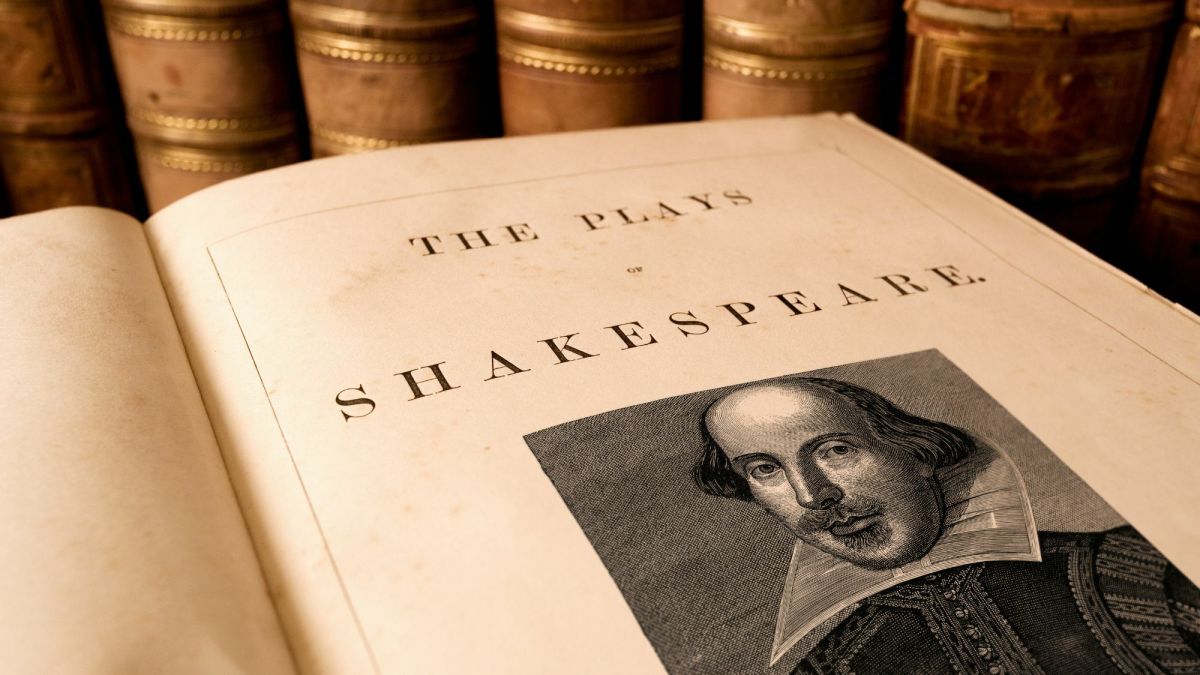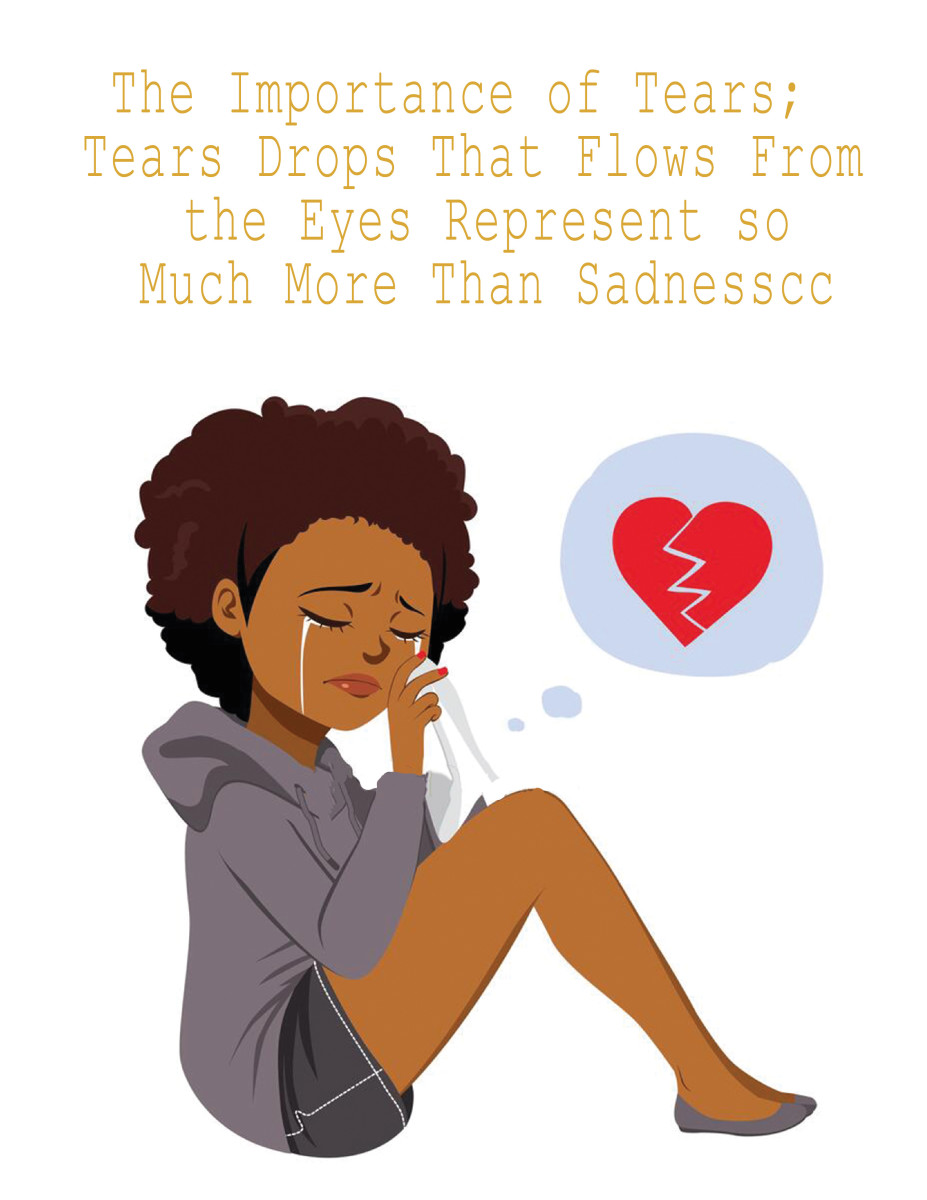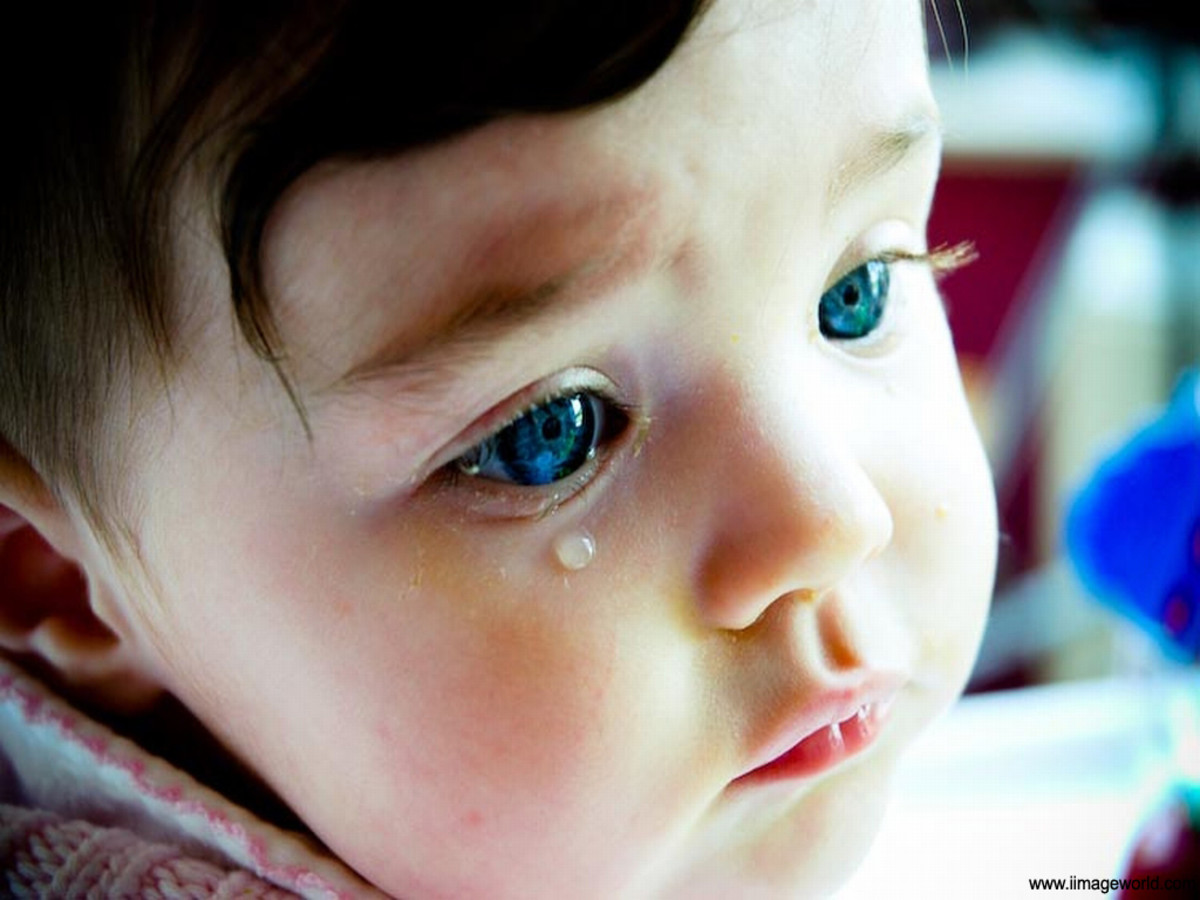- HubPages»
- Health»
- Mental Health»
- Stress Management
3 Phrases I Would Like to Eliminate for the Sake of Wellness

I finished college with a bachelors degree in creative writing. As such, I know that language can be a powerful thing. But it has only been through my work as a massage therapist that I have truly begun to appreciate the degree to which language can affect our well-being. How does it do that? Well, for one thing, the language we use every day, and the words we use to describe common experiences can not only reflect attitudes, but shape them.
While I was still in massage school, I decided to make self-care my career mission. I have previously written about what I called the "red badge of courage mentality," which glorifies exhaustion and dismisses self-care. Having seen the effects of that attitude, I vowed to combat it with my work and my lifestyle. However, I have daily found that the attitudes of my clients and loved ones present powerful roadblocks. And some of these roadblocks seem both rooted and reflected in their every day language. There are three phrases that seem to be particularly problematic.
"Good Pain"
Sometimes, bones break. Sometimes, those broken bones do not heal properly, and in becomes necessary to break them again in order to set them properly. This is a fitting metaphor for how I have felt about learning to define pain in a healthy way over the course of my life and my career.
There was a time when I took pride in bearing as much pain as was dished out to me by my hectic life as a high school student taking six dance classes every week. Even in college, I tended to bite off more than I could chew and got a certain satisfaction from feeling burned out.
It was when I got to massage school that I got that bone broken, so to speak, and from there it was set so that I no longer recognized pain as a good thing, but as a sign that I was doing something wrong. I was taught to replace "No pain, no gain" with "no pain, no pain." I was taught that there is no such thing as good pain.
As a colleague and former instructor of mine likes to say, "Pain is your body's way of saying, 'Hey, asshole! Stop doing what you're doing!'"
The truth of this is undeniable. To anyone with the "pain is weakness leaving your body" attitude, it is absolutely necessary to stress that no pain is "good pain." However, once I had accepted that truth, it was necessary to break the metaphorical bone one more time and have it set again.
What to say instead:
Therapeutic Pain
In order to use this phrase responsibly, one absolutely MUST understand that pain is the body's warning system, telling you that something is wrong. Pain itself is never good. However, sometimes the pain comes as a part of healing.
Take, for example, inflammation, which is the body's natural defensive response to injury. Pain is a part of inflammation. It is, again, the body's way of warning you that something is not right. The pain of say, a sprained ankle screams, "Don't walk on me! I am hurt!" It also says, "I am trying to fix this!" Because inflammation is at its core a healing process.
A fever in response to illness is another example of inflammation. More and more, it is becoming common knowledge that the fever itself is not harmful so long as it does not climb too high, and it is in fact better to endure the discomfort and let the fever run its course than to take fever reducers. This is because the fever serves a healing purpose, and letting it do its job often reduces the duration of the illness that caused it.
These are examples of what I consider to be "therapeutic pain." Note, though, that in these cases, pain is not sought after, or ignored, nor is it glorified. In these instances, the pain is recognized for what it is: a sign that something is wrong. What makes this pain "therapeutic" is that it comes as part of the healing process.
Another example of therapeutic pain is crying. Emotional crying usually occurs when we are overwhelmed. When feelings--positive or negative--have built up to a point where we cannot hold them back any longer. The process of crying can be physically and emotionally painful. But after a good cry, most people feel much better. In fact, most people feel so much better that they are able to face whatever caused the initial emotions with a much clearer head. Thus, the pain of crying can certainly be considered therapeutic.
Which brings me to the next hated phrase.

"Emotional Breakdown"
Everyone knows what an emotional breakdown is. Sometimes, for all your coping mechanisms--distractions, deep breaths, biting a pillow, swallowing--whatever is inside making your heart and throat squeeze and your eyes get wet simply cannot be pushed down any longer, and you break down into racking, noisy sobs. Your eyes get red and swollen, your nose becomes clogged, you can hardly breathe, and whatever you use to sop up the moisture on your face is unlikely to be enough in the long run. If you wear makeup, it's probably going to run and smear. That is an emotional breakdown.
...Except that you are not broken.
Once again, most people feel better after crying. It is a natural process, and the very act reduces stress and restores clarity. At the very least, it does no damage.
There are responses to stress and mental anguish that could legitimately be called "breakdowns." But the act of crying is not one of them.
[Crying] is an emotional breakdown. Except that you are not broken.
Public Displays of Emotion
Do you ever cry in public?
What to say instead:
"Emotional Release"
Crying does no harm. However, not allowing oneself to cry or otherwise express emotion can do a great deal of harm. That is not to say there is no merit is controlling one's emotional responses, especially in public. It is not healthy to scream at people or strike them when you are angry, and sometimes one simply must put one's emotions aside until later.
The trouble comes when shame is attached to crying, or when crying is seen as something that must be stopped rather than a healthy process that should be allowed to continue until its natural conclusion. Especially when it comes in response to a situation that will eventually need addressing, crying is often regarded as counterproductive. But, as we have already established, crying reduces stress and clears the mind. It is a fact that bears repeating.
To refer to the act of crying as a "breakdown" labels it as a problem that must be fixed. Calling it a "release" is not only more positive, but it is more accurate.
"Irrational Emotions"
In general, society teaches us that emotions are the opposite of reason and rationality. People say, "Don't get emotional." They say, "Be reasonable." They say, "Follow your head, not your heart."
But that implies that the two are mutually exclusive. That people can only follow their head or their heart. The reality is that we are not robots. And society in general seems to place more value on intellect and reason than on emotion. In spite, oddly enough, of the general consensus that emotion is part of the human experience. With so many media portrayals of robots and other AI's ultimately causing and/or failing in some sinister plot precisely because they lack human emotion, I am constantly surprised by how little value so many people place on their own emotions.
What to say instead:
"Emotions"
The truth is that emotions and intellect are not mutually exclusive. In fact, they need each other. Which should lead in day to day life is up for debate. My personal opinion is that emotion is like a blind person, and intellect is their seeing-eye dog. Intellect and reason guide and protect, but emotion is the master. Whether or not you agree with the idea that emotion should lead and reason should guide, it is certainly important to recognize that setting emotion against reason discredits emotion in a way that is not at all beneficial.
Language is a powerful thing. It can both reflect and influence your attitudes, and a small change in language can be the first step towards a big change in attitude. Try replacing these phrases in your word diet, and see how it works for you.








